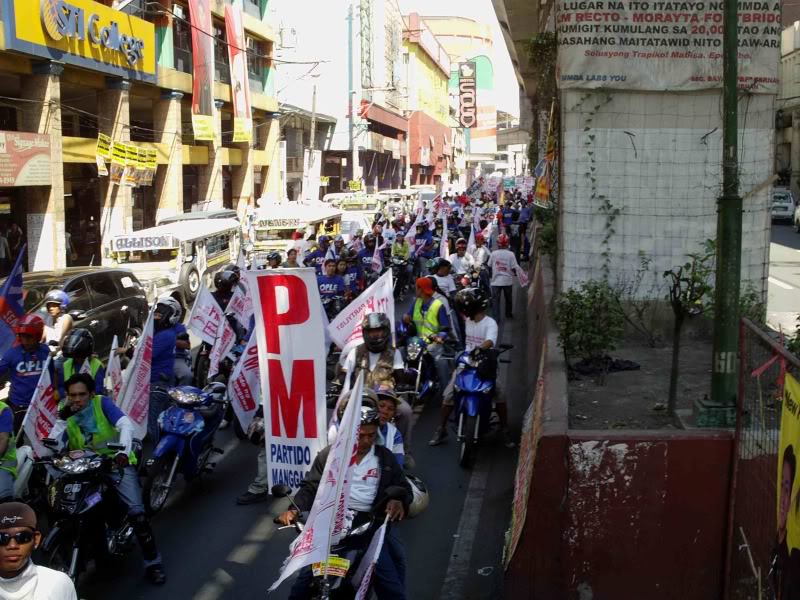For independent media coverage including reports on the demonstrations and
By José Luís Rojo
Brazil’s workers’ movement is the largest and most powerful in the Americas, despite the setbacks it has suffered from the attacks by both employers and the neoliberal government of President Lula da Silva of the Workers’ Party (PT). On June 5-6, some 4000 people including 3200 delegates showed up to the “Congress of the Working Class” (referred to in Portugese as Conclat) held in the city of Santos. The aim of the congress was to unite left-wing unions and other working people’ organizations in a new central body, as an alternative to the two established union federations whose leaderships are loyal to the Lula government. Unfortunately, the congress was a setback, with the leaders of the Conlutas association using their majority of delegates to pass key motions opposed by the Intersindical group instead of seeking a compromise consensus to unite the forces gathered at the congress. As a result, a large minority of delegates walked out of the congress. A good article on the congress is available in French and Spanish. The following article is a useful introduction to the union movement in Brazil today.
By Ali Mustafa
Yves Engler’s latest book is an indispensable resource for students and activists alike, offering a sweeping indictment of Canadian foreign policy history in the Middle East that should not go unheeded.
By David Camfield
A review of Cindy Milstein, Anarchism and its Aspirations (AK Press and Institute for Anarchist Studies, 2010)
By Daniel Serge
In the early hours of May 18, a branch of the Royal Bank of Canada went up in flames. We know this because a previously unidentified group, calling itself FFFC – Ottawa, posted a video of the incident to indymedia.org, the radical web portal. RBC was the target for “stealing native land” during the 2010 Winter Olympics. FFFC promised to attend the upcoming G20 protests in Toronto.


